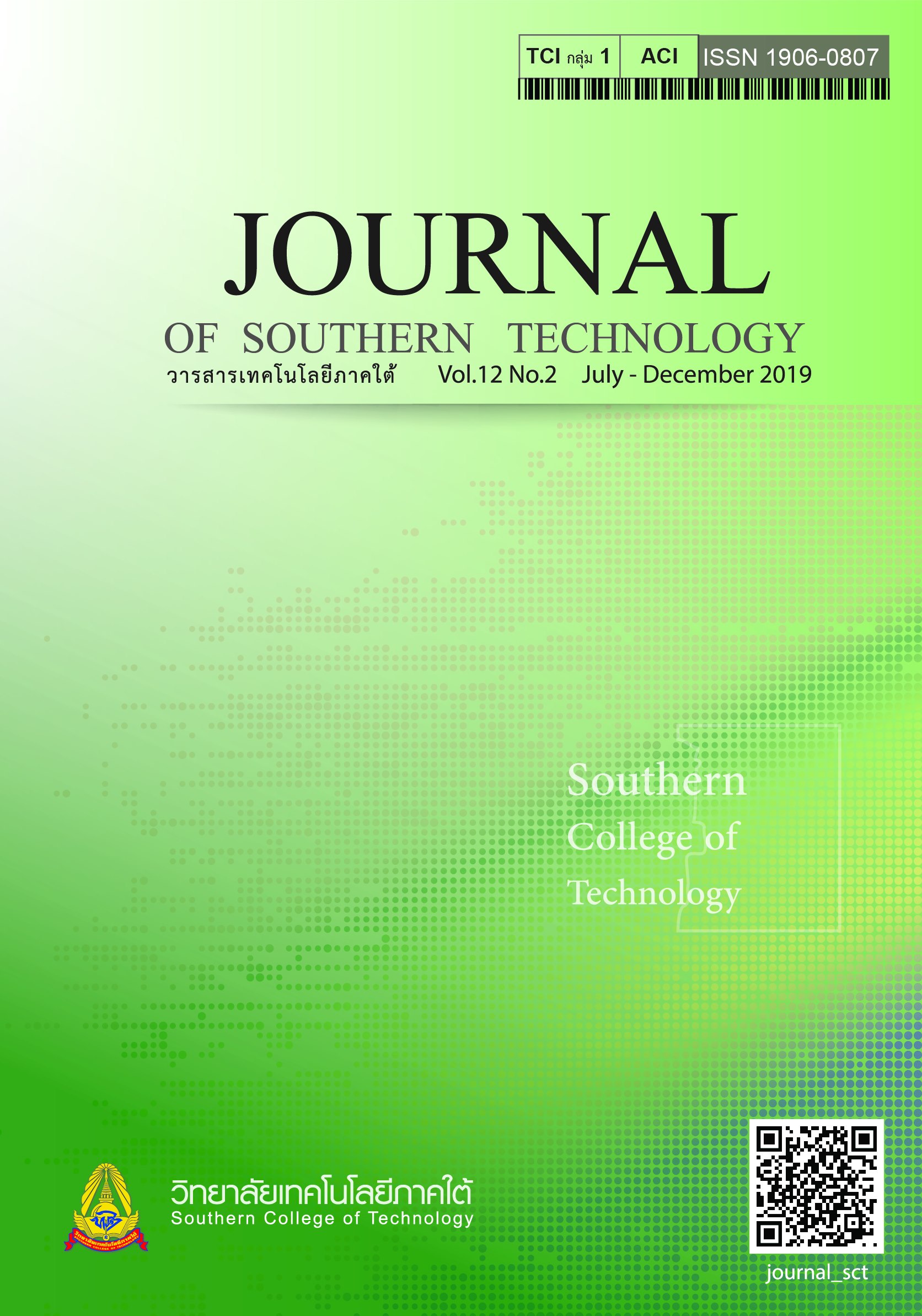Learning Management that Promotes Thinking Skills by Using Mind Mapping for Students of the Faculty of Education of Rajabhat University
Main Article Content
Abstract
Students of the current teaching and learning management are unable to use knowledge to connect Students of the current teaching and learning management are unable to use knowledge to connect with their problem solving skills. When analyze the teaching and learning management using a mind map, it was found that the teaching and learning was promoting basic thinking skills in learning more than higher-order thinking skills for problem solving. Concerning these thinking skills, students have not enough to live in the 21st century society that requires higher-order thinking skills rather than basic thinking skills to solve complex or multi-dimensional problems. The presentation of a teaching and learning management that promotes thinking skills using mind mapping for students of the faculty of education of Rajabhat University intended to provide techniques to instructors and introduce how to use the developed model in teaching and learning. This model is developed based on concepts related to thinking skills, concepts related to mind mapping, and ideas and theories related to learning such as learning theory based on constructionism. After developing the model, the author brought into the class by transforming learning activities to real practice with 5 steps including 1) preparing and reviewing prior knowledge, 2) organizing intellectual process activities, 3) collecting information and using various learning resources, 4) summarizing knowledge and 5) evaluating works, respectively. The techniques for teaching and learning management start from learner analysis that the teacher prepares students using a quiz, a game, or a pre-test. Second, an organization of intellectual process activity; the teacher defines complex problems and allows students try to understand the problems by group discussion and a use of mind map which is considered the process of promoting higher-order thinking skills. Third, information gathering and a use of a variety of learning resources by means of allowing students to search and collect additional information from a variety of learning resources and apply knowledge to analyze, compare, and make conclusions using a mind map. Fourth, knowledge summary; the use of a mind map to connect knowledge and enhance cognitive skills that continuously link knowledge together, make it easy to understand, and later on can be used to draw conclusions for problem solving. Finally, a performance evaluation; the observation method or questions delivered to students during and after working. After using the developed model, there were several advantages , that is to say, the students had the skills to think about how things were studied in many dimensions. There were an exchange of knowledge and opinions within the group, a reflection point of view that is related to a variety of solutions, allowing students to have thoughtful thinking skills in a sequence of steps. Students knew how to plan their operations and could evaluate themselves at each step backwards. This is considered the desirable higher-order thinking skills that will lead to the development of students of the faculty of education to have higher-order thinking skills that suitable to their own potential.
Article Details
-
Authors must agree to the journal publication rules and allow the editors to edit the manuscripts for publication.
-
Author’s right belongs to the author but Journal of Southern Technology holds the right of first publication and thus allow readers to use the article for the purpose of education but not commercial.
References
Buzan, T. (1991). Use Both Sides of Your Brain. New York: Penguin Group.
Charoenwongsak, K. (2014). Creative Thinking. (10thed.) Bangkok: Success Media. [in Thai]
Flavell, J.H. (1979). Cognitive Developmental. New Jersey: Prentice-Hall.
Joyce, B., & Weil, M. (1972). Models of Teaching. Englewood Cliffs, N.J.: Prentice-Hall.
Kaemmanee, T. (2015). Teaching Pedagogy: Knowledge of Effective Learning Management. (15th ed.). Bangkok: Chulalongkorn University Press. [in Thai]
Piaget, J. (1993). The Child's Conception of Physical Casualty. New Brunswick, N.J.: Adams Co.

